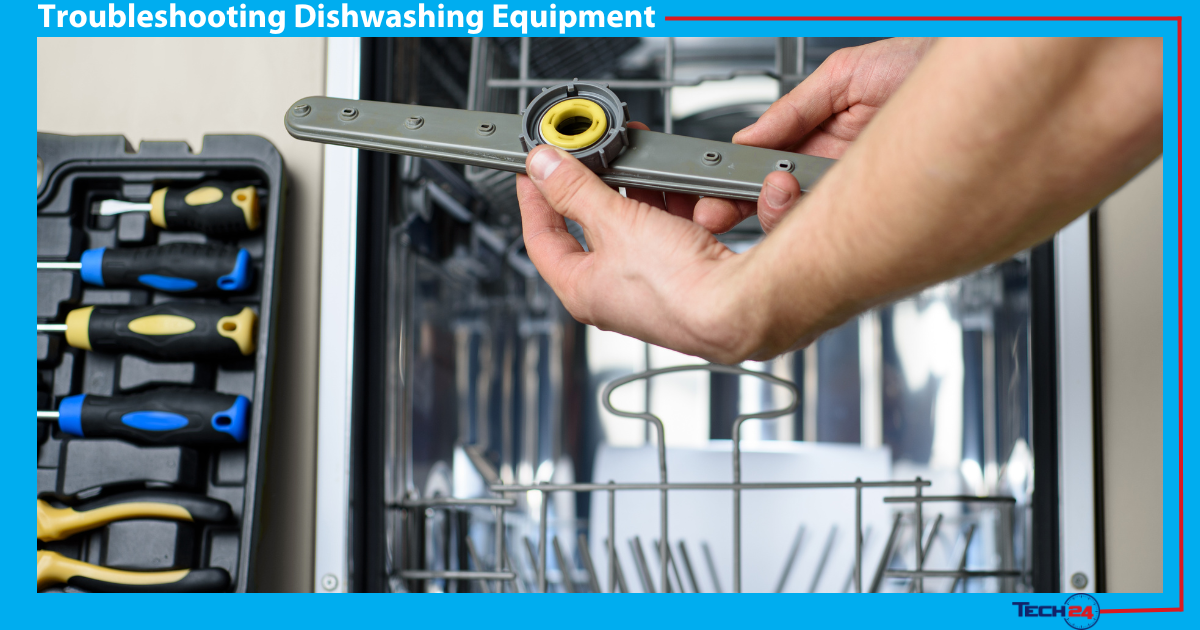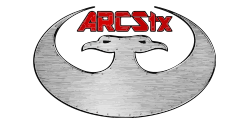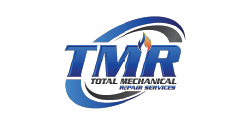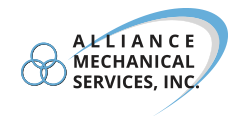Mastering the Art of Troubleshooting and Maintaining Dishwashing Equipment

Is it just us, or do you cringe at food residue remaining on dinnerware after it has been “cleaned”? Foodservice establishments rely heavily on efficient and reliable dishwashing equipment to ensure customers don’t get that cringy feeling and, most importantly, are served safely.
Dishwashers are essential in maintaining hygiene standards by cleaning and sanitizing dishes, glassware and utensils. However, like any machinery, they can encounter issues that disrupt operations, leading to problems affecting service quality and hygiene.
Learn the signs of malfunctioning dishwashing equipment, how to troubleshoot dishwashing equipment and when you should call the pros.
Risky business: the importance of commercial dishwasher upkeep
Commercial dishwashing equipment tirelessly works behind the scenes, ensuring dishes and utensils are impeccably clean and ready for use. The consequences of equipment breakdown in a commercial kitchen can be threatening. Dishes not properly cleaned and sanitized can pose serious health risks to customers, potentially leading to foodborne illnesses. Furthermore, the downtime caused by equipment issues can disrupt service, lead to delays and result in customer dissatisfaction.
In most cases, the troubleshooting of commercial dishwashing equipment should be handled professionally. Commercial foodservice equipment repair companies have the expertise and tools to correctly diagnose and fix complex issues. However, operational staff can take some basic troubleshooting steps to identify and possibly resolve minor problems before calling in the experts. Before we step into troubleshooting steps, let’s identify common dishwasher problems.
Detecting trouble: common dishwashing equipment problems
- Lack of water flow: If dishes are not being cleaned properly, it could be due to insufficient water flow into the dishwasher.
- Inadequate drying: Wet dishes can cause inconvenience and hygiene concerns. Proper drying is vital for ensuring dishes are ready for use immediately.
- Excessive noise: An unusual noise during the dishwashing cycle can indicate mechanical problems that should be investigated.
A step in the right direction: troubleshooting steps
- Check power supply: Verify the dishwasher is properly plugged in and the circuit breaker is not tripped.
- Inspect water supply: Ensure steady water supply to the dishwasher.
- Examine drainage: Inspect the drainage system for obstructions. Clean or replace filters and check the drain hose for blockages.
- Monitor temperature: Confirm the water heating element is working correctly. If water isn’t heating, it may affect the washing and sanitizing process.
- Assess detergent and rinse aid: Verify detergent and rinse aid dispensers are filled and functioning.
- Investigate mechanical components: Listen for unusual noises during operation and check for loose or damaged parts.
- Review error codes (if applicable): Refer to the equipment’s manual to understand error codes.
- Call a professional repair service: If the issue cannot be resolved through basic troubleshooting, it’s crucial to contact a commercial foodservice equipment repair company. Professional technicians have the expertise and tools to diagnose and fix complex problems.
Don’t forget about safety
Safety should always be the top priority when troubleshooting any equipment, including dishwashers. Here are some key safety precautions to keep in mind:
- Personal Protective Equipment (PPE): Before starting troubleshooting, ensure you are wearing appropriate PPE, such as gloves and safety goggles, to protect against potential hazards.
- Disconnect power sources: Always disconnect the power supply to the dishwasher before attempting any maintenance or troubleshooting. This step is crucial to prevent electrical accidents.
Stay prepared: preventive maintenance
Preventive maintenance prolongs the lifespan of your dishwashing equipment and ensures uninterrupted foodservice operations. Regular maintenance tasks should include descaling, cleaning filters and probes, checking hoses and inspecting electrical connections for optimal performance.
Tech24’s expertise in dishwasher maintenance, repair and replacement
Our technicians possess extensive knowledge of repair and maintenance services for commercial dishwashers. Tech24 provides scheduled maintenance services to minimize the risk of equipment breakdowns, and we’re also available for emergency repairs and replacements in the event of malfunctioning or damaged dishwashers.
Commercial dishwashers are a pivotal component of any kitchen, but ensuring a seamless operation requires proper maintenance and effective troubleshooting. Keep these insights in mind to give your dishwashers the attention they require.
By following the outlined troubleshooting steps, prioritizing safety and seeking professional assistance, your foodservice establishment can ensure dishwashing equipment runs smoothly, contributing to a safe and enjoyable dining experience for all.

























